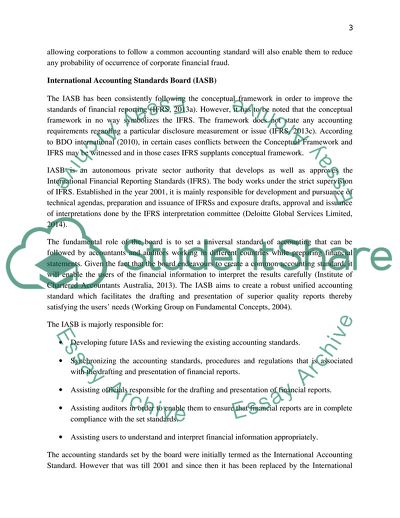Cite this document
(Islamic Accounting and Financial Reporting Essay, n.d.)
Islamic Accounting and Financial Reporting Essay. https://studentshare.org/finance-accounting/1818913-islamic-accounting-and-financial-reporting
Islamic Accounting and Financial Reporting Essay. https://studentshare.org/finance-accounting/1818913-islamic-accounting-and-financial-reporting
(Islamic Accounting and Financial Reporting Essay)
Islamic Accounting and Financial Reporting Essay. https://studentshare.org/finance-accounting/1818913-islamic-accounting-and-financial-reporting.
Islamic Accounting and Financial Reporting Essay. https://studentshare.org/finance-accounting/1818913-islamic-accounting-and-financial-reporting.
“Islamic Accounting and Financial Reporting Essay”. https://studentshare.org/finance-accounting/1818913-islamic-accounting-and-financial-reporting.


